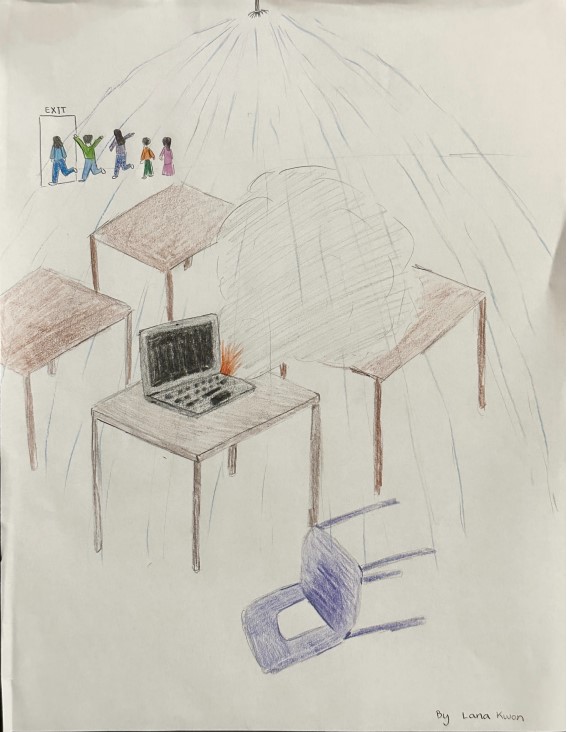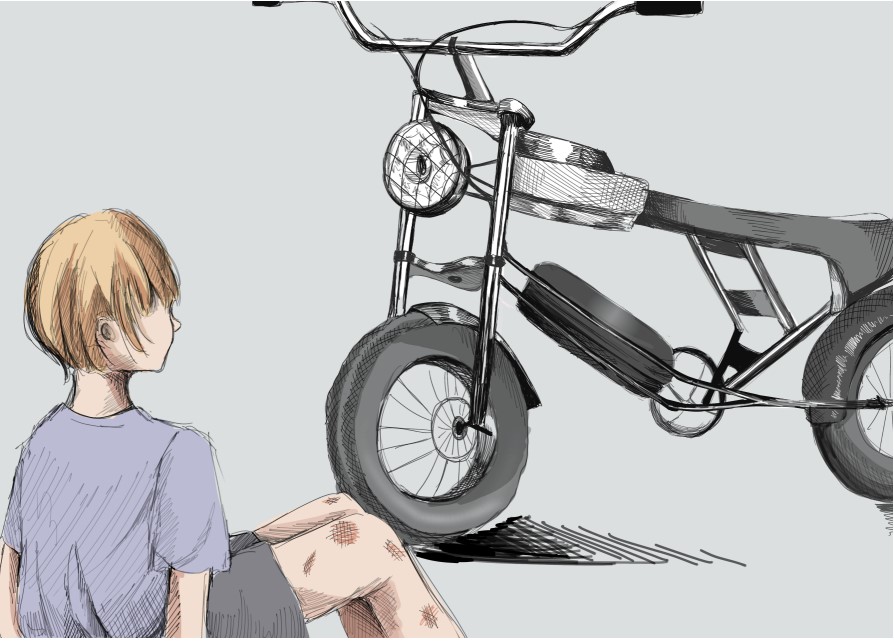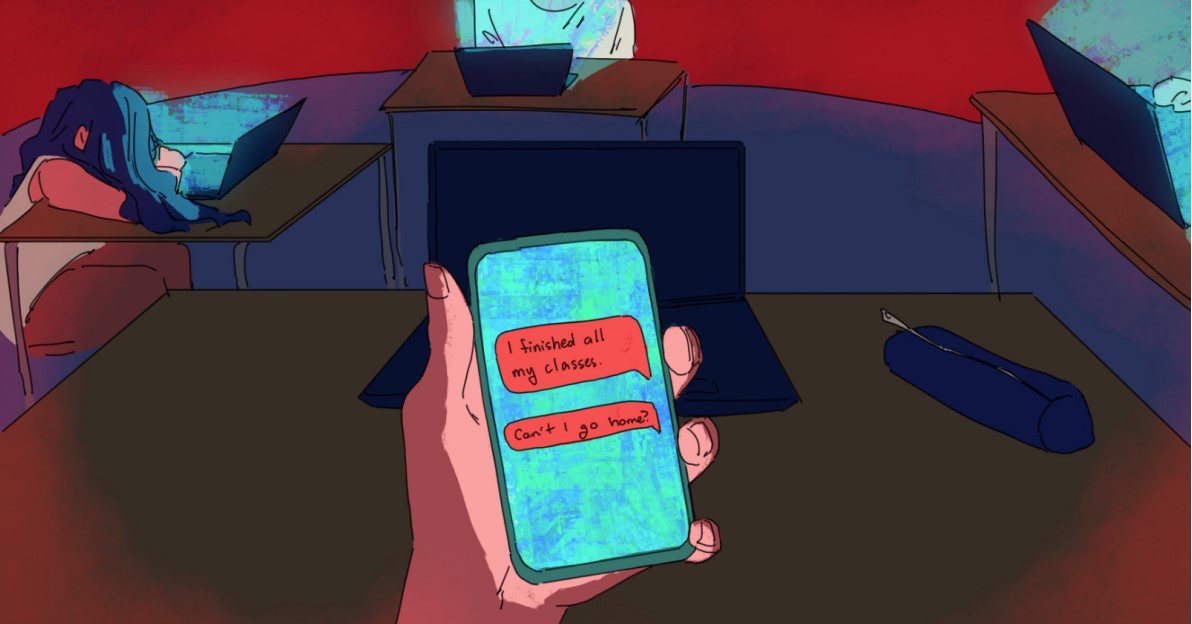The new phenomenon of “Tipflation”—the higher tipping rates currently expected in service sects, and according to CBS News with amounts creeping up from 15% to 20% or even upwards of 30%—tipping has become a costly problem of the modern world, with many customers and clients feeling obliged to tip increasing amounts when ordering take-out or any paying interaction.
While service workers should be recognized and rewarded for their service, it should be done so without breaking the bank.
Societal pressure is a chaotic contributor to feeling the need to tip grand amounts. When with friends, teenagers see their friends tipping more than them and it can be seen as a competition to feel adequate.
Students within the community at Woodbridge High have felt judgment when tipping.
“I feel like in a social setting, I feel I have to [tip]. My friends kind of stare at me…we judge each other if we don’t [tip],” sophomore Maddie Horwitz said.
“Tipflation” has found its origins stemming from the COVID-19 pandemic when many people in the service industry saw cuts in their pay or had to grapple with the reality of facing layoffs. Communities wanted to support these workers in ways they could during a period of uncertainty. Now, this new gratuity craze has created a drastic scale of demanding tips ranging from classic fine dining to ringing up a coffee at the local café.
“Everywhere I go and when I am completing a credit card transaction, I’m asked to add a tip. I feel like I’m asked to add a tip at a dry cleaner, at a kiosk buying a water bottle,” math teacher Noelle Gamber said. “I do feel like it’s gotten a little out of hand.”
Students with jobs, such as junior Saniya Ali, have gained a more sympathetic view when it comes to tipping, as they have been in the shoes of the worker.
“[Before employment], I would see the worker and then there would be the tip [and I would]…give them the normal amount. Now every time I go out to a restaurant or whatever I always [feel the workers have] been working so hard,” Ali said. “I always tip extra now because I know what they’re going through and I know that perspective of having to work on the other side.”
42 states in the United States have a workforce that relies on tips as employers may choose to pay them less than the federal minimum wage. According to Newsweek, California is one of only eight states in the United States that has abolished utilizing tipped wages; so workers receive tips on top of their income, a refreshing move that ensures the stability of income workers receive.
Some students at Woodbridge High feel that it is necessary to give a tip—no matter the amount—to boost the morale of the employees and as a form of gratitude for their commitment to their job.
“The people who work [the service industry take care of customers] ] and make sure that [their needs are met]. So I would say [tipping is] always…necessary,” Horwitz said.
According to Pew Research Center in a published Nov. 9, 2023 study, two-thirds of people in the United States are unsure with how to tip in the ever changing world of tipping. 72% of Americans also oppose the suggested tipping amounts, as it creates more pressure when paying for a service.
Gamber has altered her personal tipping policies in the wake of this new tipping culture.
“I’ve stopped tipping 10% or 20% when I pick up takeout. I tip a flat, few dollars as a token of my gratitude for them throwing some plastic forks in a bag for me,” Gamber said.
Around the holiday season and the new year, people tend to tip more. With feelings of wanting to support the community, some might feel overwhelmed by feeling obligated to tip every worker they meet a gracious amount without factoring in how much they can afford.
“Whenever we talk about holidays and Christmas and whatnot, [customers] feel more giving and I feel like they’ve been giving more tips because of it too,” Ali said.
A person’s tipping should be determined by personal preferences and fiscal budget. As difficult as it may be, the best way to determine how much to tip is to ignore social pressure and consider how excellent the service was.
As 2024 is ushered in with new hopes and goals, society needs to put their money where their conscience is and curb the “Tipflation” craze.










